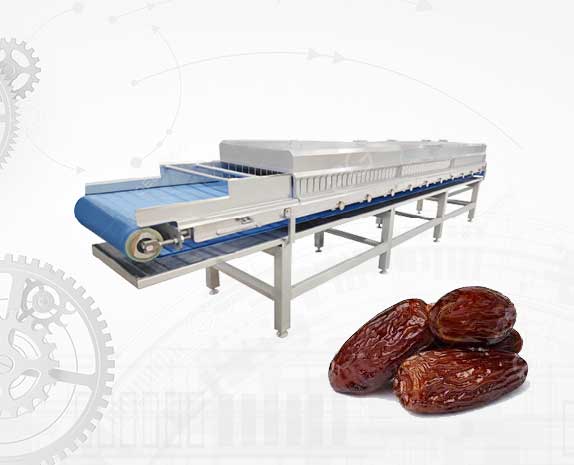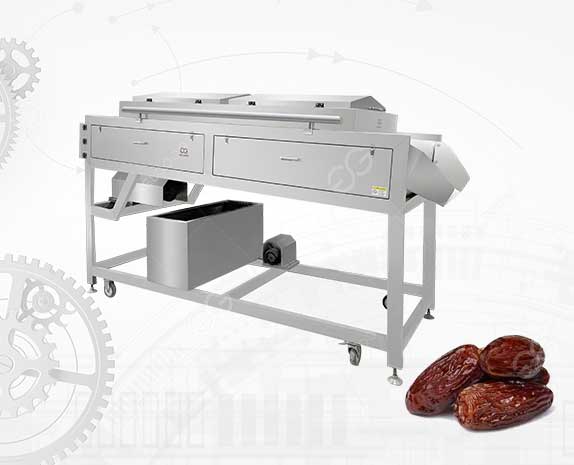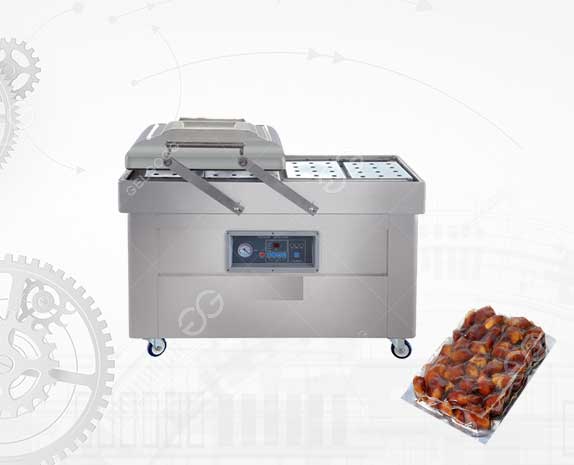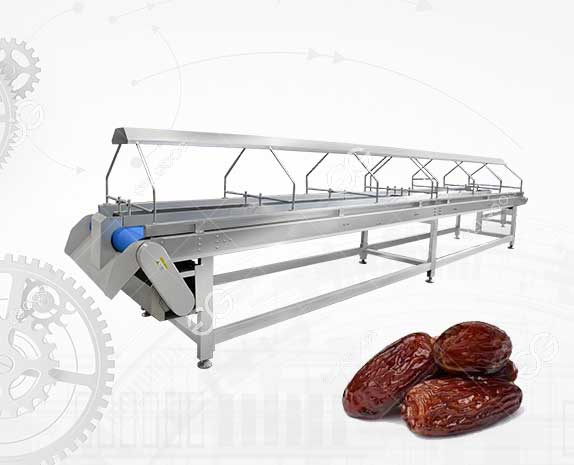Medjool dates, with their rich, caramel-like flavor and chewy texture, have earned a place as a beloved snack and ingredient in cuisines worldwide. But have you ever wondered how these delectable fruits make their journey from the palm trees to your plate? Join us as we delve into the fascinating world of Medjool date processing in factories.
The Harvest: Our journey begins in the palm groves of regions like California, Arizona, and the Middle East, where Medjool date palms thrive in warm climates. Harvesting typically occurs from late summer through autumn when the dates are plump and ripe. Skilled workers climb the palm trees, carefully hand-picking the clusters of dates from the branches.
Sorting and Cleaning: Once harvested, the dates are transported to processing facilities where the first step is sorting and cleaning. This crucial stage involves separating the dates based on size, color, and ripeness. Any damaged or inferior quality dates are removed during this process to ensure only the finest Medjool dates move forward.
Washing and Sanitization: Hygiene is paramount in food processing, and Medjool dates are no exception. The dates undergo thorough washing to remove any dirt, debris, or residue from the harvesting process. Additionally, sanitation protocols are implemented to maintain food safety standards and prevent contamination.
Drying: After washing, the dates are dried to achieve the ideal moisture content for storage and packaging. Depending on the facility and desired outcome, drying methods may vary. Some factories use commercial dehydrators or ovens, while others opt for natural drying methods like air drying or sun drying.
Packaging: Once dried to perfection, the Medjool dates are ready for packaging. They may be packaged whole, pitted, or even stuffed with various fillings like nuts or cheese. Packaging materials range from boxes and bags to individual portion packs, catering to different consumer preferences and market demands.
Quality Control: Throughout the processing journey, stringent quality control measures are in place to uphold the integrity and freshness of the Medjool dates. Skilled inspectors carefully monitor every stage, ensuring that only the highest quality dates make it to the market.
Storage and Distribution: After packaging, the Medjool dates are stored in climate-controlled environments to preserve their flavor and extend their shelf life. From there, they are distributed to retailers, wholesalers, and consumers worldwide, ready to grace kitchen pantries and dining tables alike.
Conclusion: The journey of Medjool dates from palm grove to factory processing is a testament to the meticulous care and attention to detail involved in bringing this beloved fruit to consumers. Through sorting, cleaning, drying, packaging, and quality control, each step is essential in preserving the natural goodness and irresistible taste of Medjool dates. So, the next time you enjoy a plump, sweet Medjool date, remember the fascinating journey it took to reach your plate.




